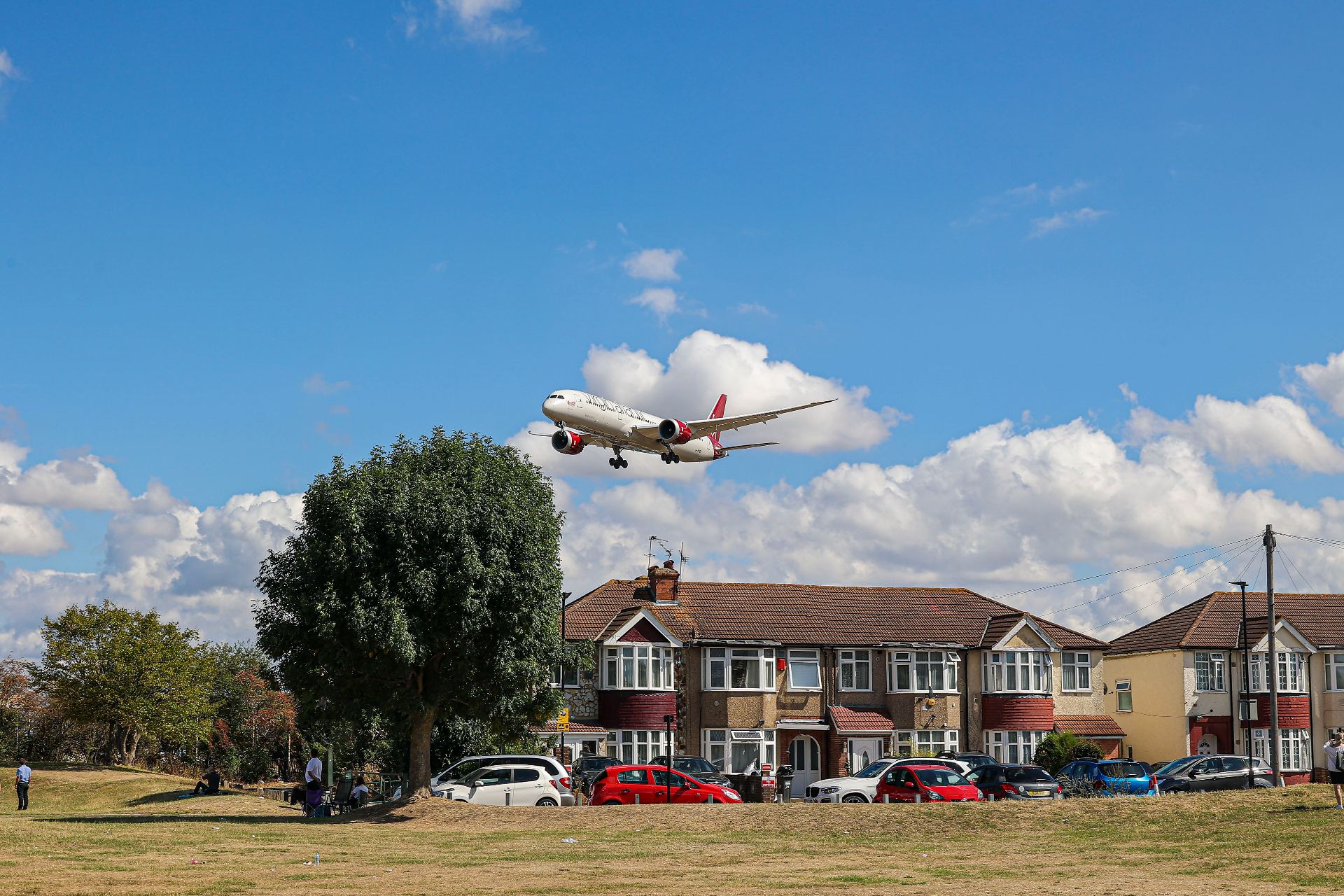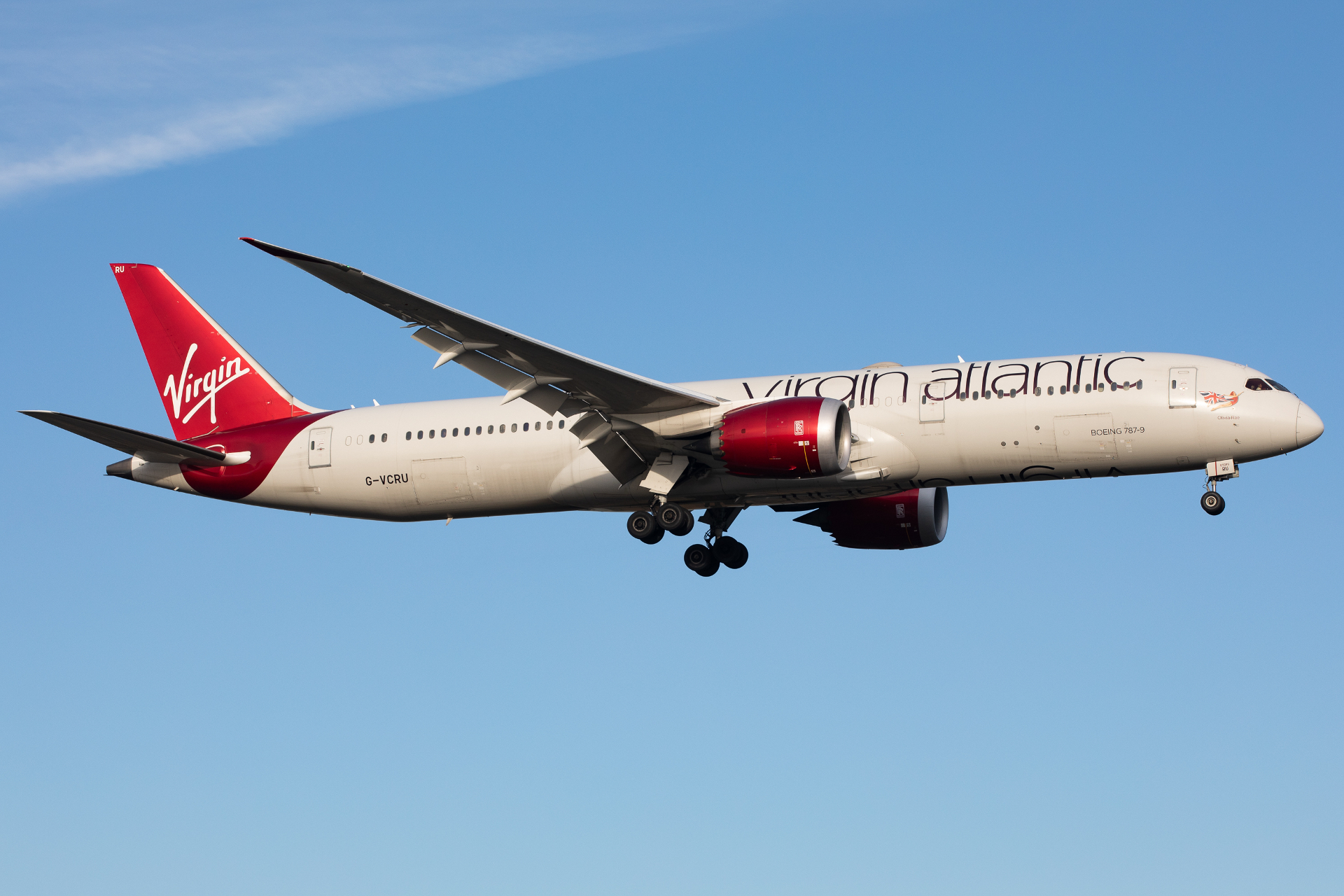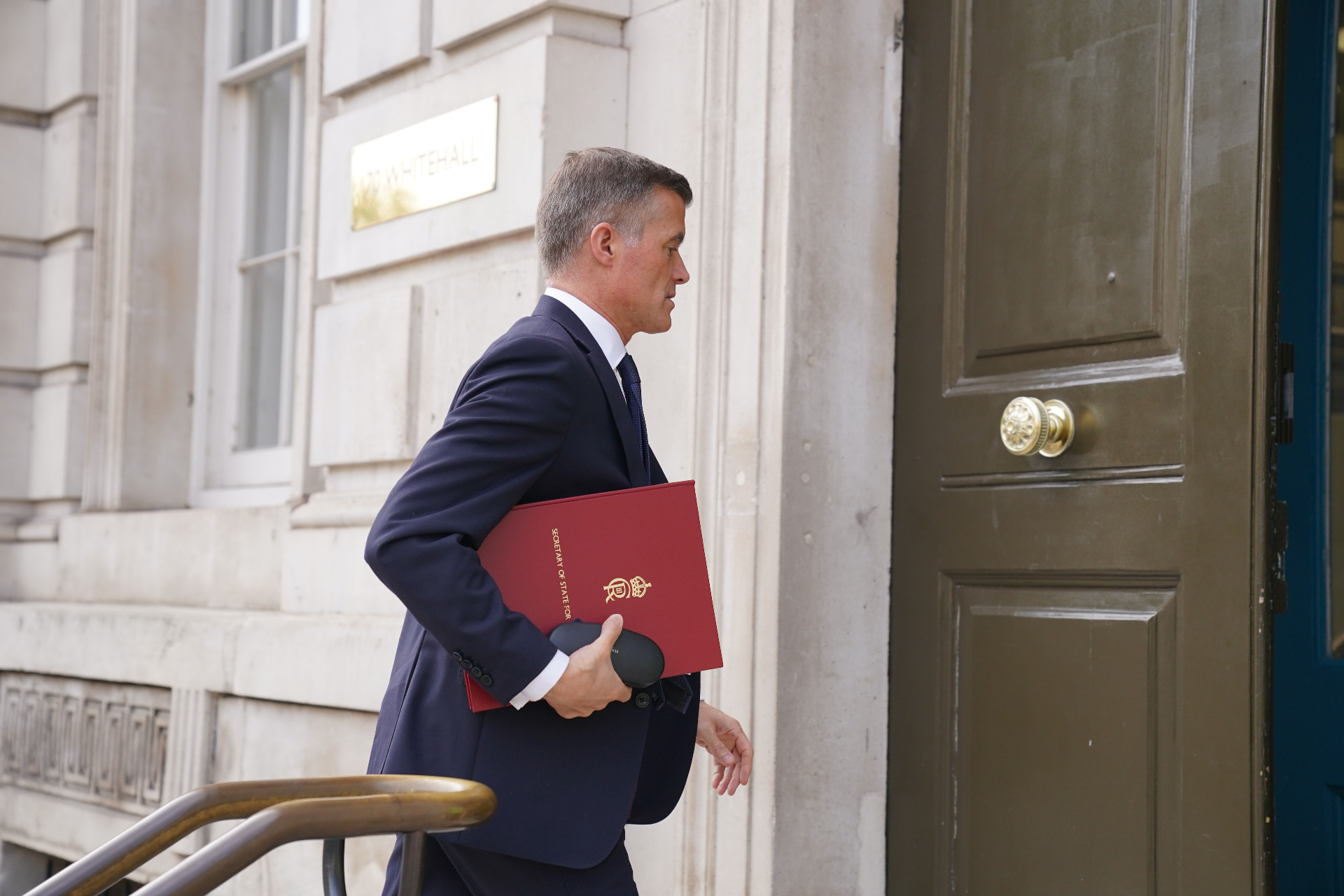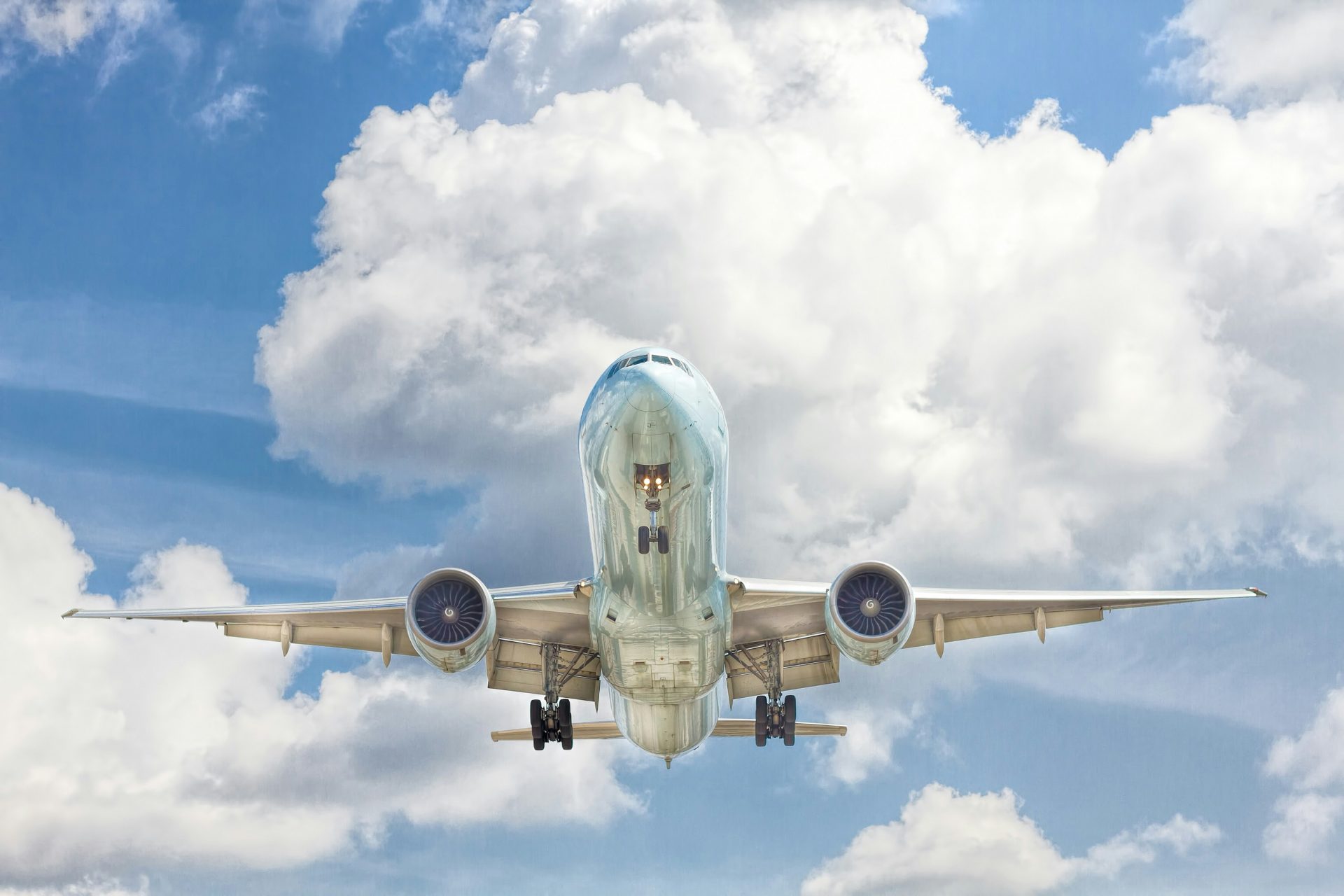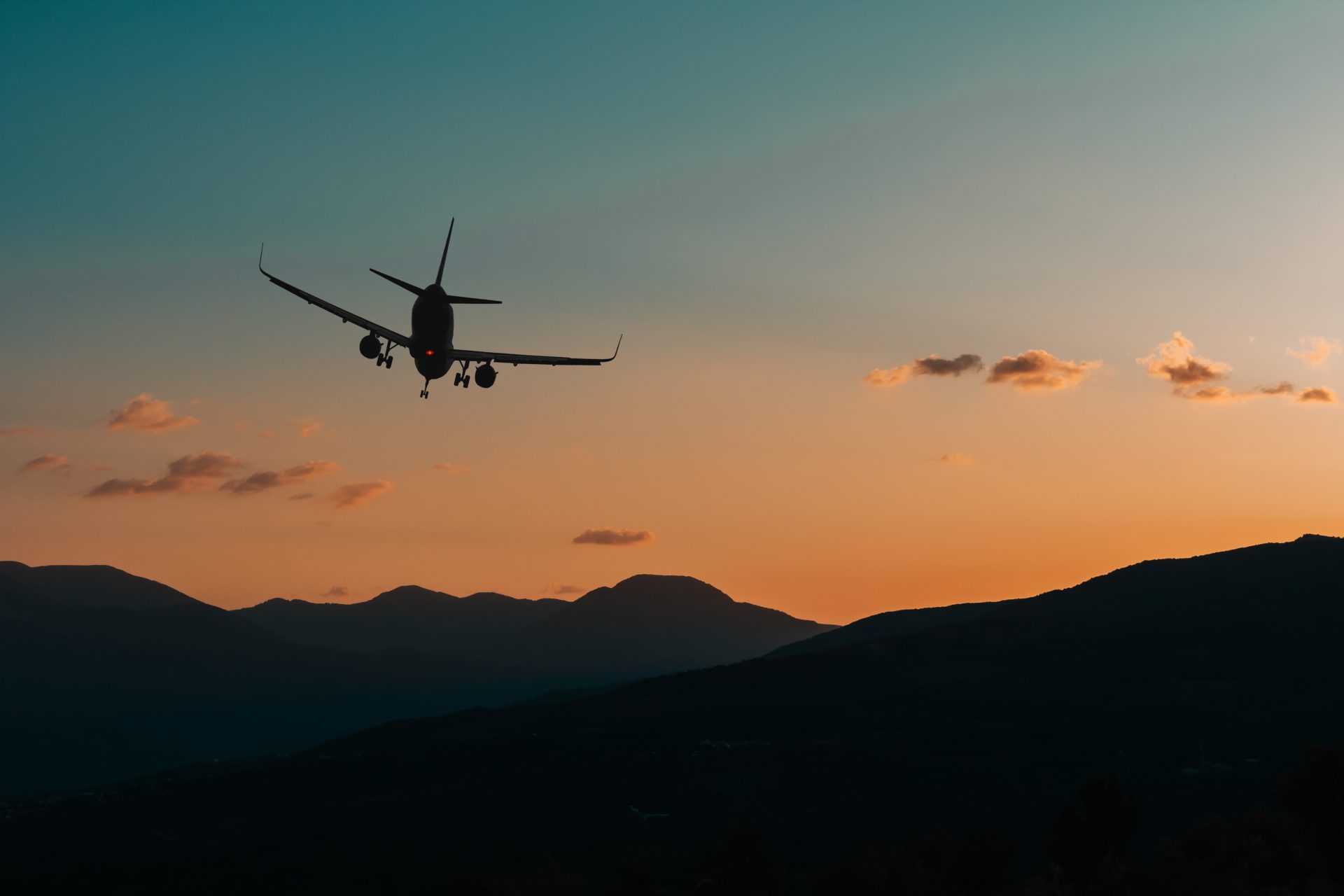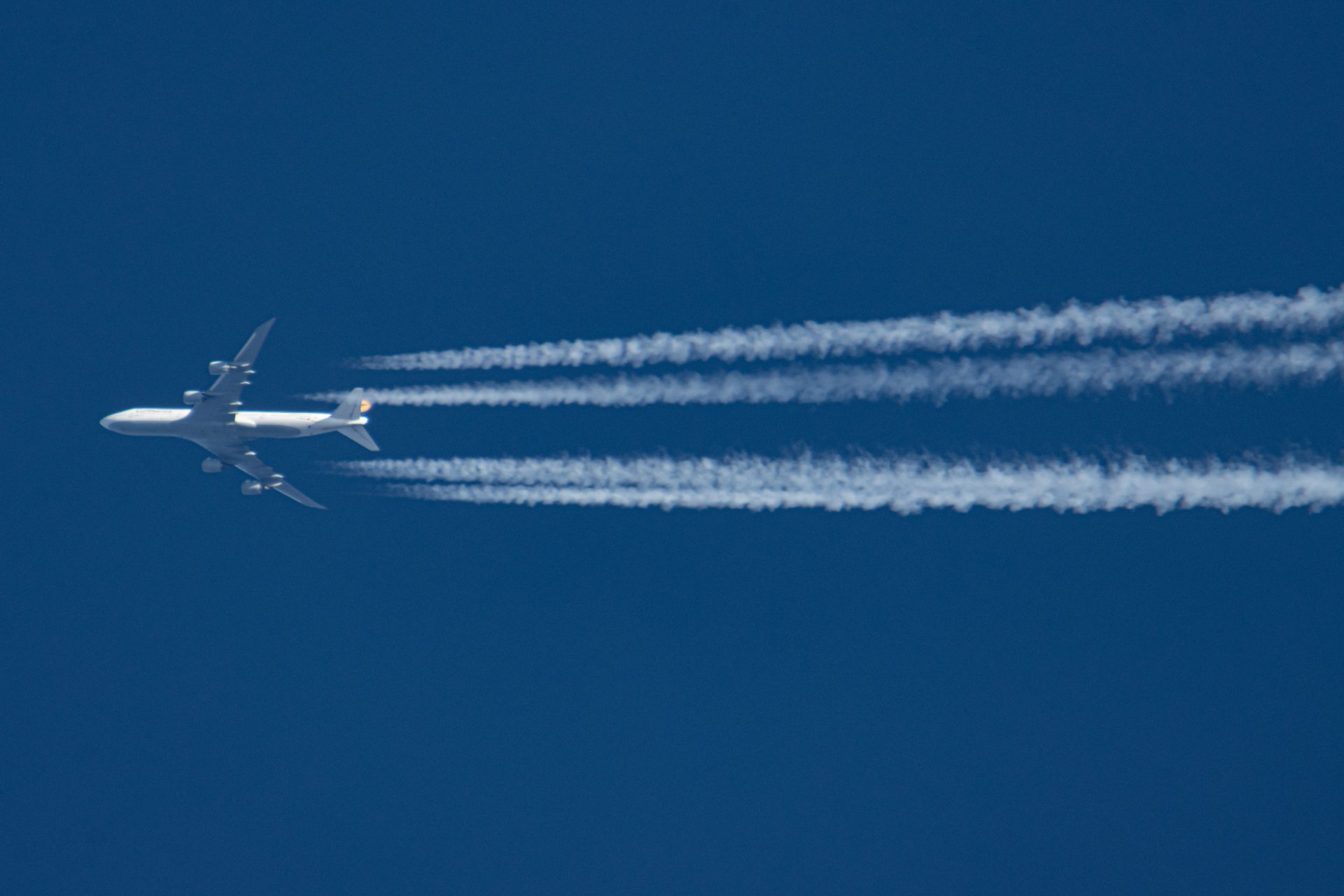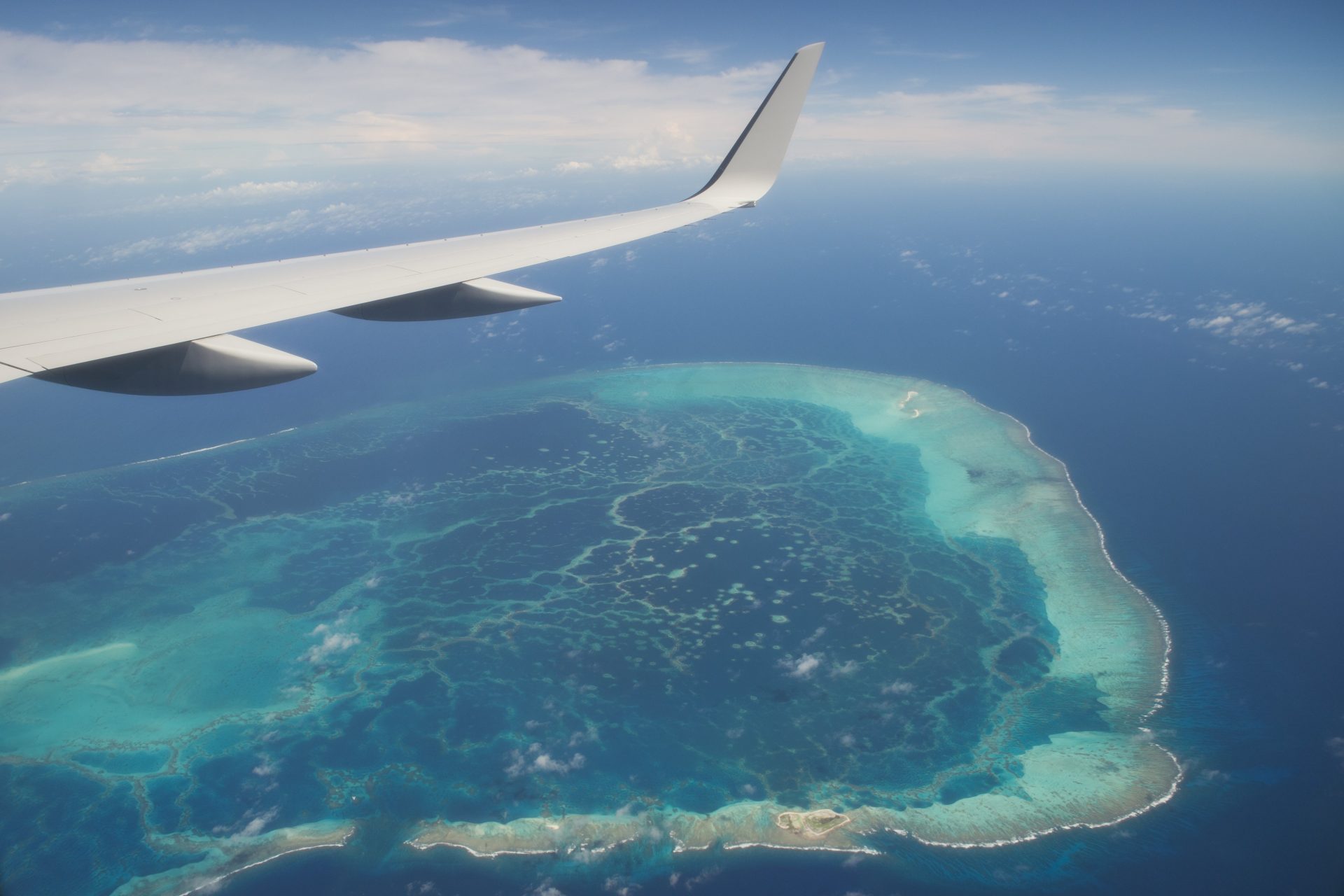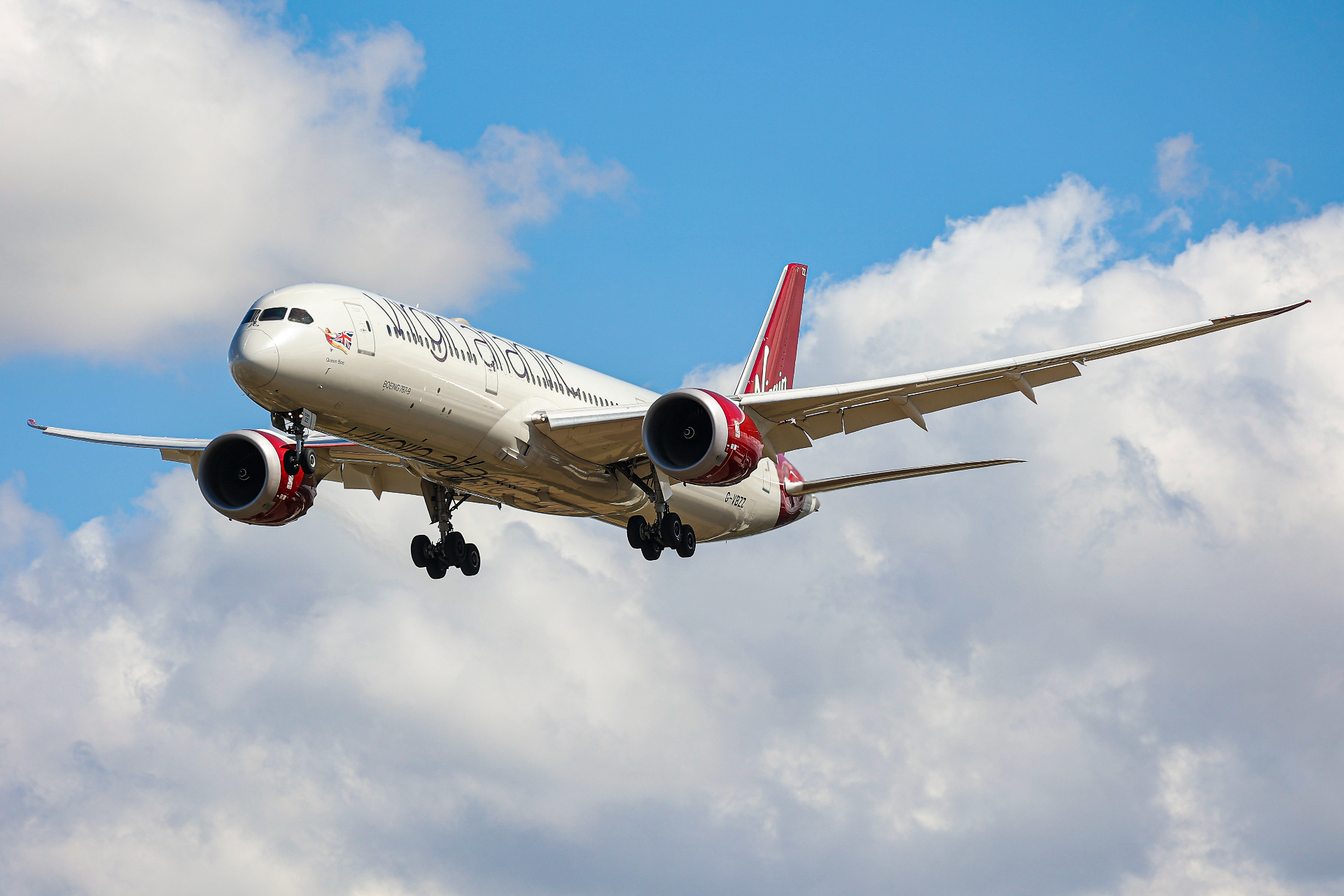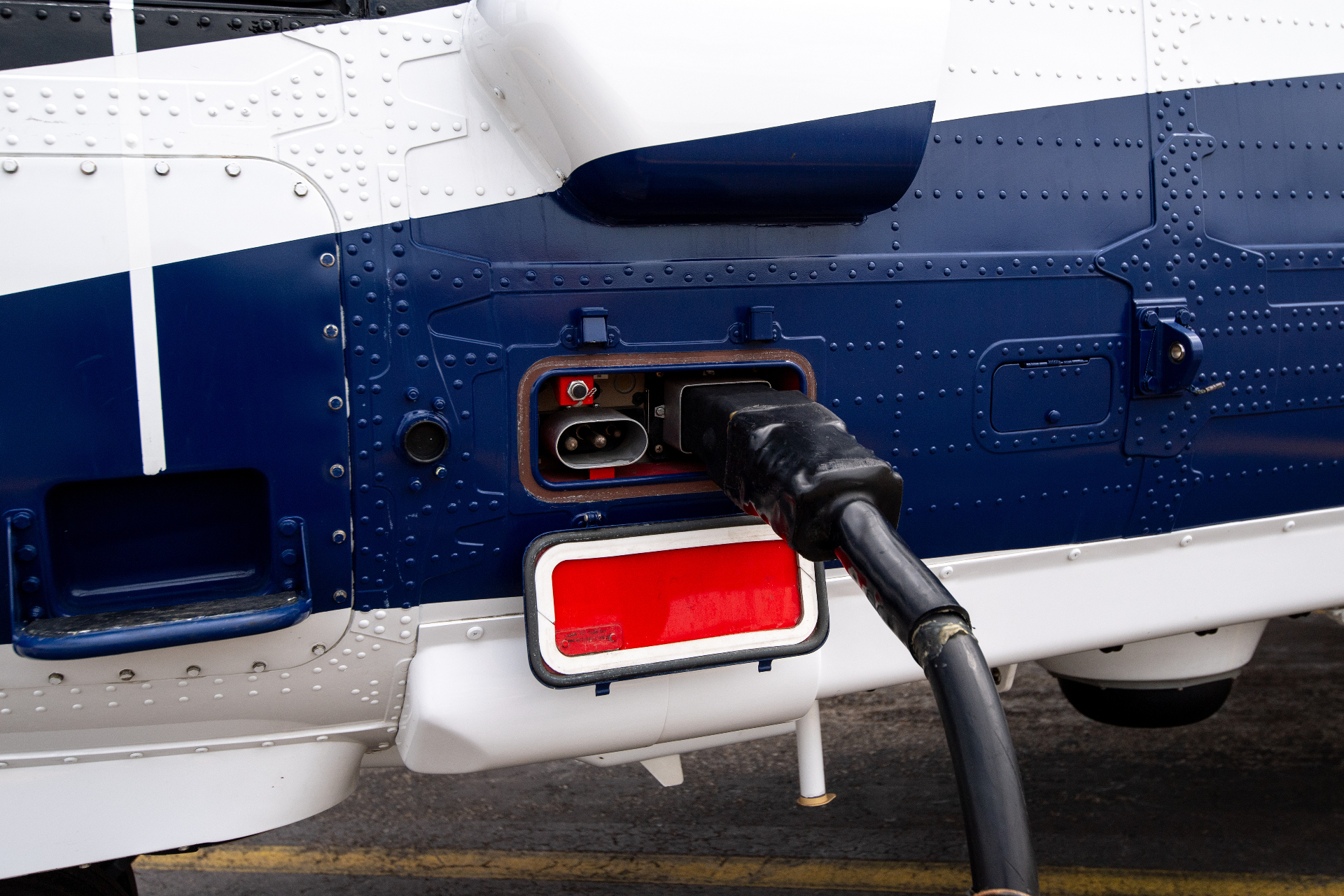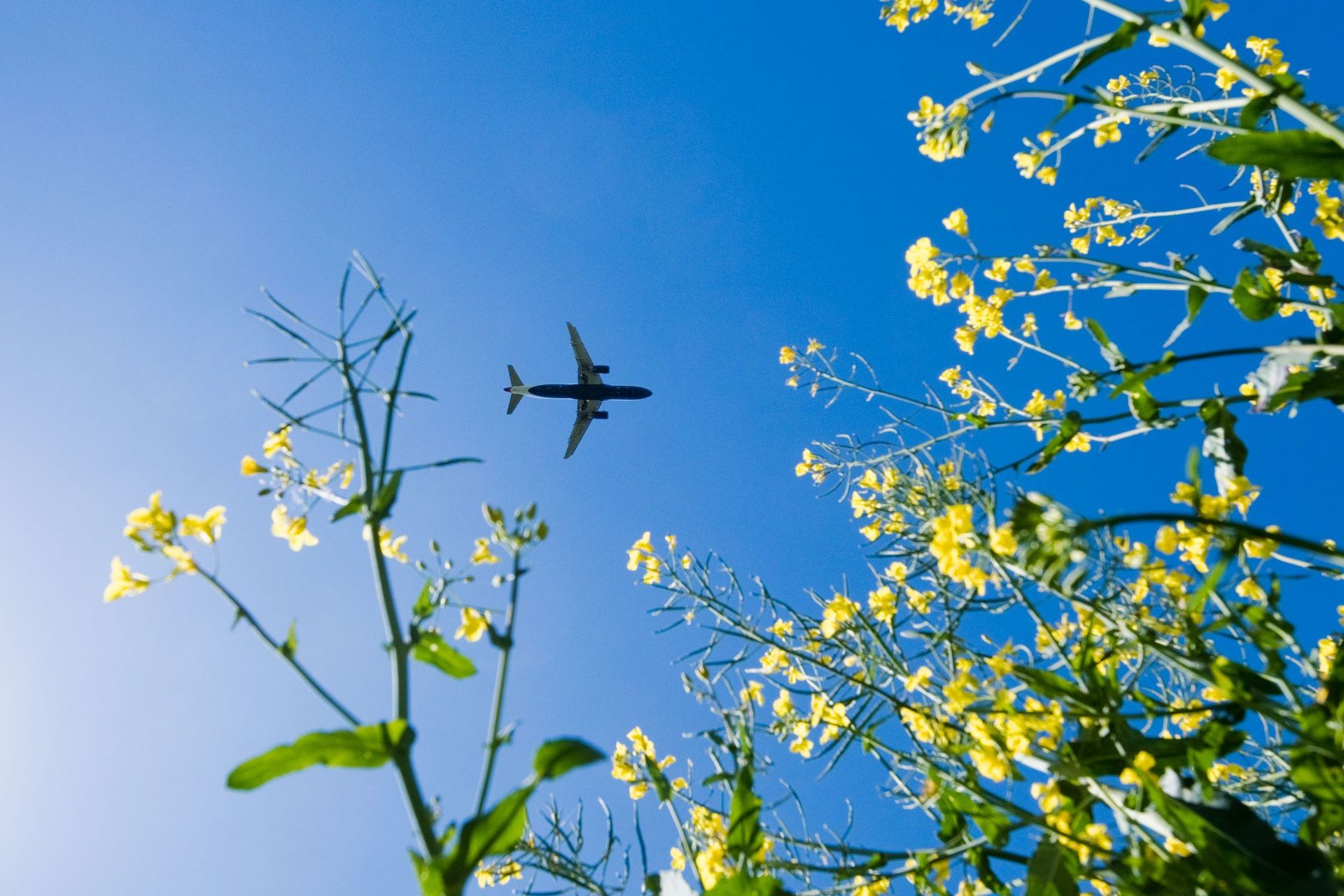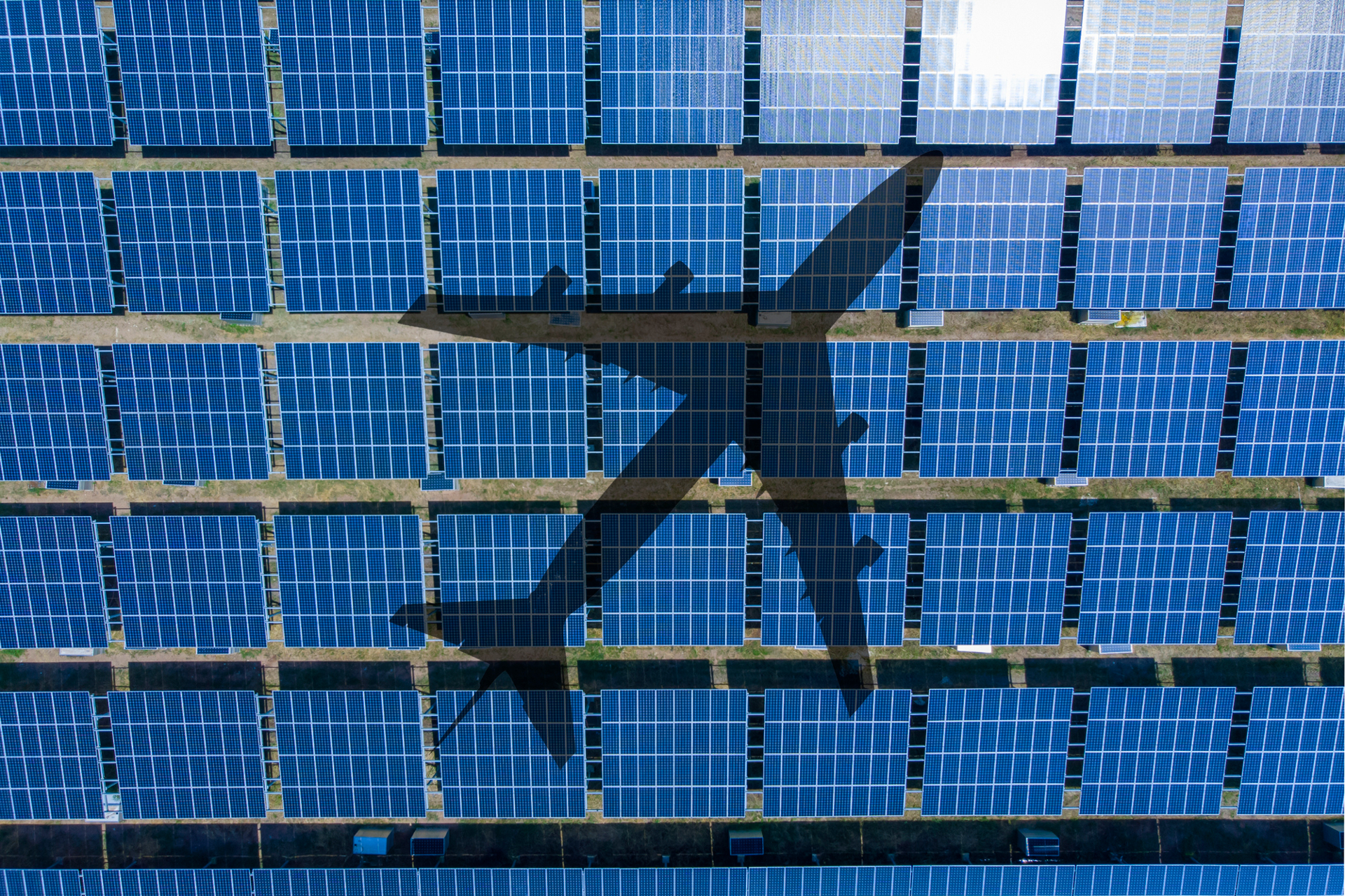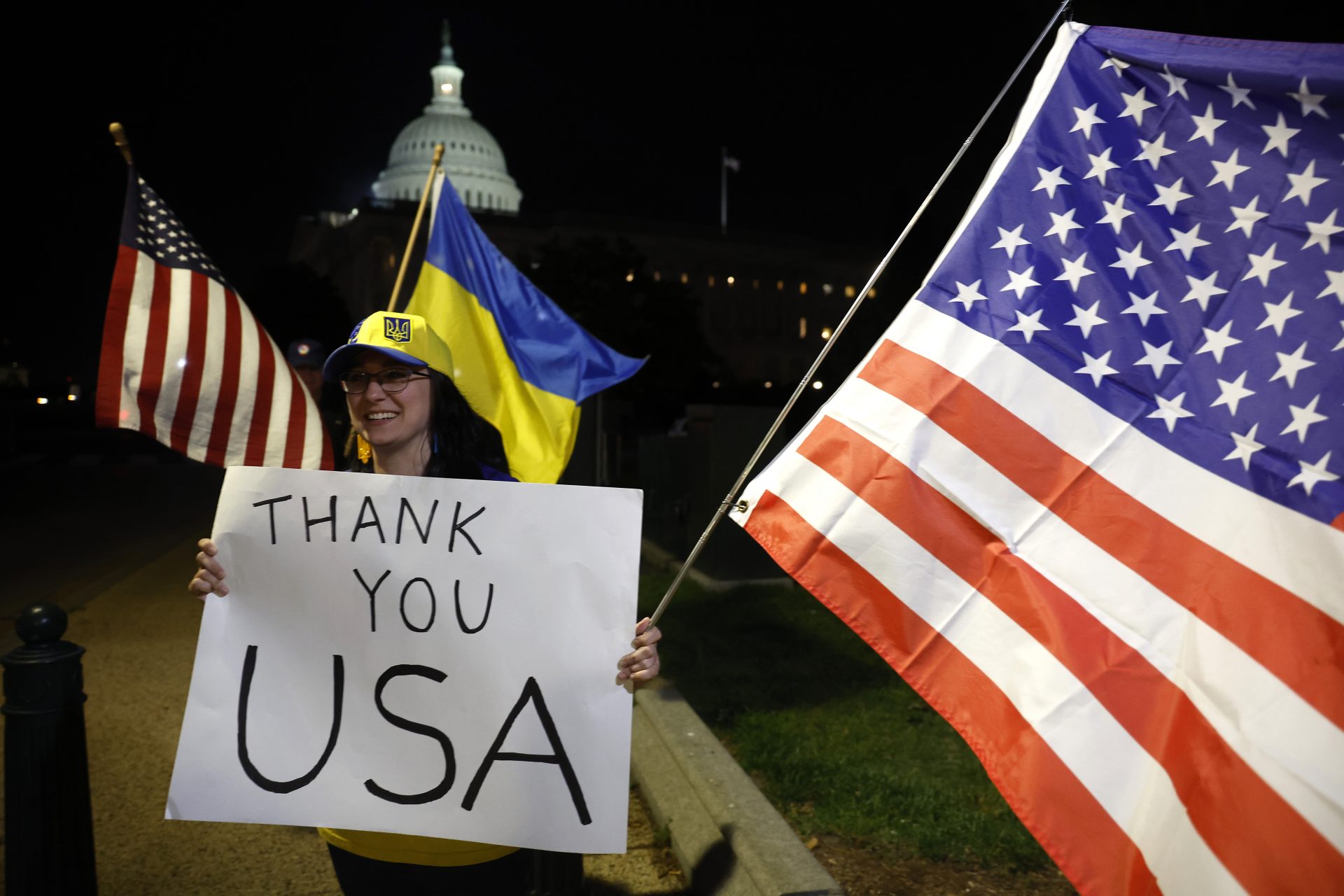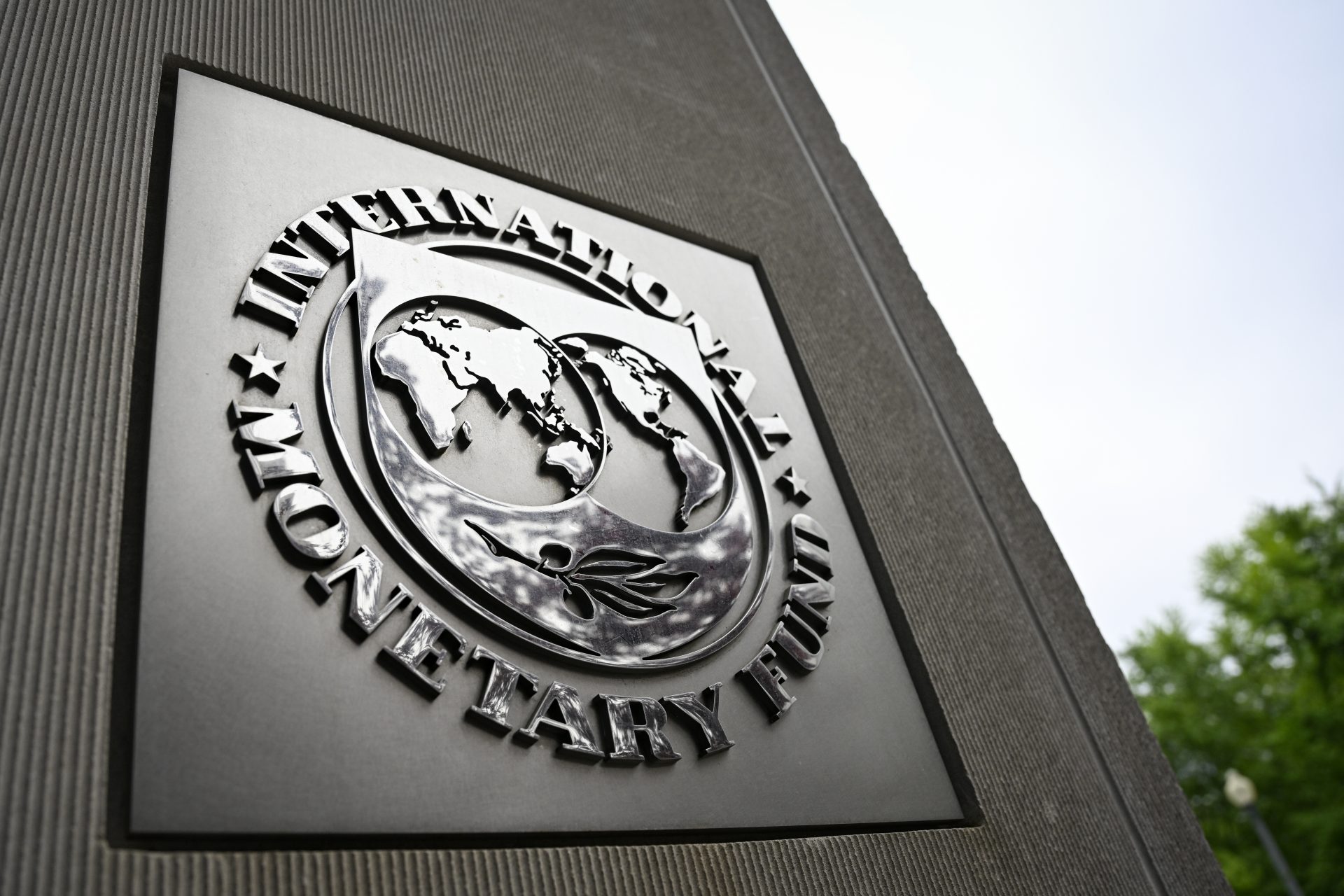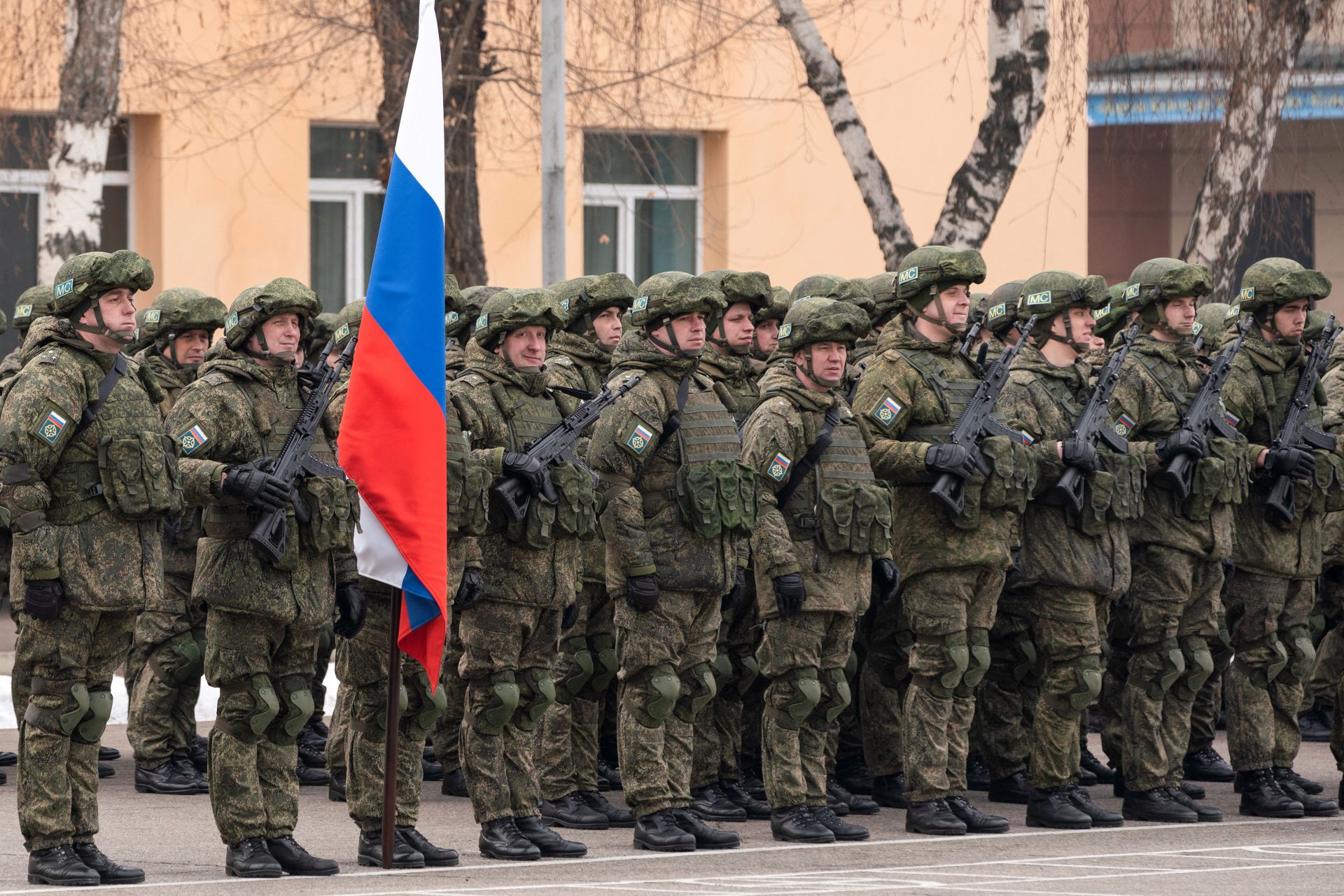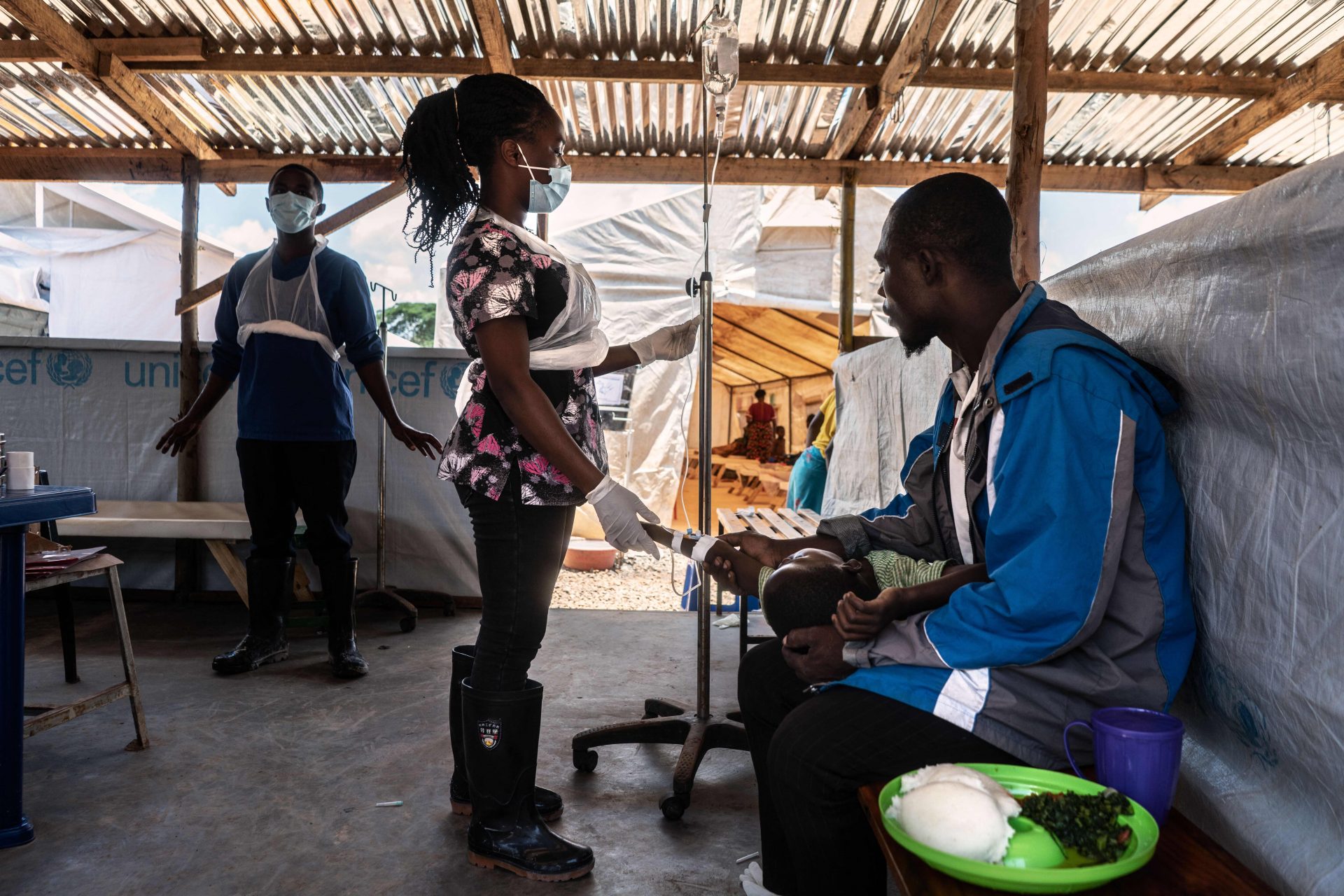A high-fat transatlantic flight could help aviation become sustainable
On November 28, a flight from London to New York City marked the first time a commercial airline managed a transatlantic flight using only Sustainable Aviation Fuel (SAF).
The Virgin Atlantic flight was non-commercial because it carried only industry executives and government officials. Still, it was done in a commercial Boeing 787 airplane.
The research for the high-fat fuel used in the "Flight100" flight had $1.7 million in funding from the UK Transport Department. It is made from animal grease and other waste fats.
Using SAFs to replace fossil jet fuel is one of aviation's most significant strategies to reach net zero, or "jet zero," emissions by 2050—a worldwide goal.
Image: John McArthur / Unsplash
According to several media covering the milestone, the aviation industry insists that these biofuels could help reduce the high emissions of air travel by 70%.
SAF production is also a part of governmental plans to reduce emissions. For example, the US expects to produce 3 billion gallons of biofuel by 2030, and the UK hopes to use it in at least 10% of their flights by the same year.
Still, experts cited by AP News and the BBC believe that the goals are far-fetched, considering research and development of these fuels are at an early stage and are only slowly growing.
According to AP News, in the US, jet biofuel production grew from 2 million gallons in 2016 to 15.8 million gallons in 2022, still very far from the 3 billion goal set for 2030.
The BBC pointed out that many experts don't see the achievement as the milestone that the UK government and the industry leaders claim it to be.
Guy Gratton, associate professor of aviation and the environment at Cranfield University, told the outlet that producing enough SAF for the entire industry is impossible.
Gratton added that these fuels are not truly net-zero despite the reduction in emissions. He said SAFs must only be seen as a step towards developing proper net-zero solutions.
Cait Hewitt, policy director of the Aviation Environment Federation campaign group, was even more categorical in her declarations to the BCC: she said the only solution now is to "fly less."
On the opposite side, UK Transport Secretary Mark Harper told the broadcaster "the government doesn't agree with" campaigns pushing people not to fly and that SAF is a "really big step forward."
The Virgin Atlantic Boeing 787 flight is not the only example of the aviation industry pushing for SAF, despite being the first transatlantic commercial plane to achieve this.
Earlier in the same month, aviation manufacturer Gulfstream Aerospace made the same flight with a business jet using only eco-fuel.
The Dutch airline KLM did the same on a short-distance commercial flight two years ago. According to AP News, the company flew from Paris to Montreal using a combination of SAF and fossil fuels.
More for you
Top Stories



